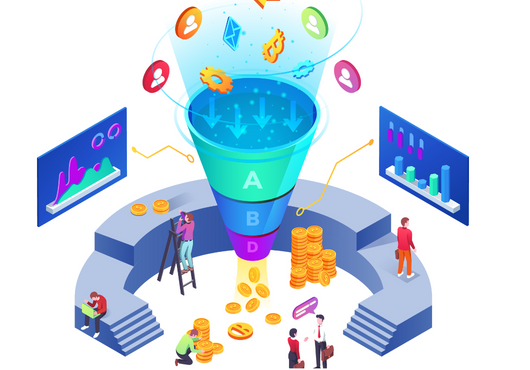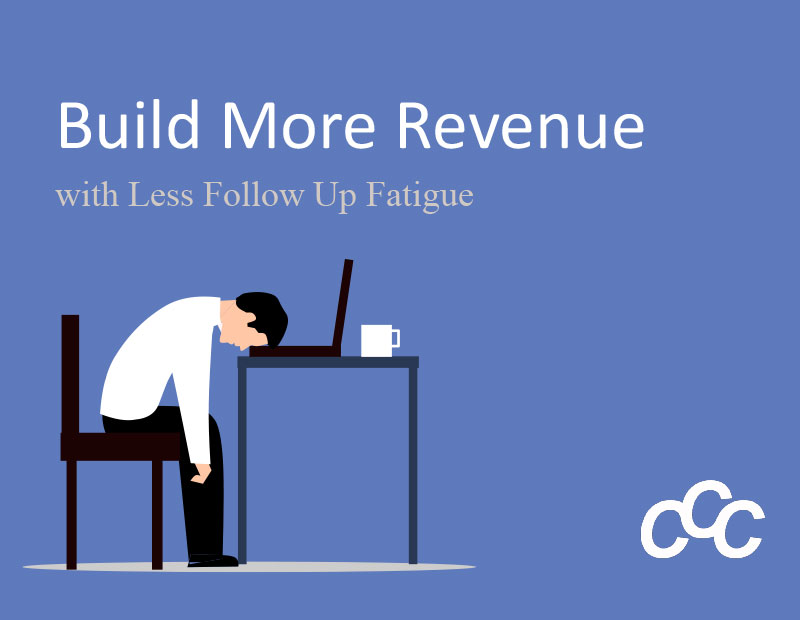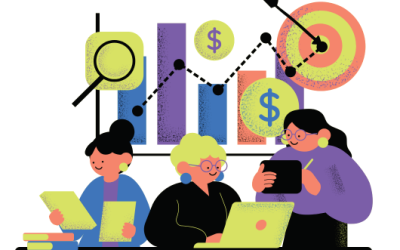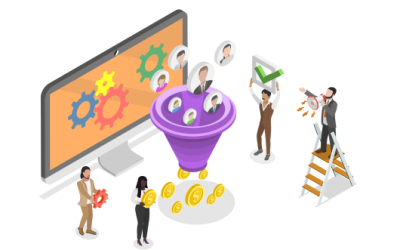So, you have decided to invest in a CRM. Congratulations! You have made a bold decision which you said will “help increase sales with less Follow-Up Fatigue (FUF).” FUF gets in the way of making sales, so way to go.
How do you know which CRM to use? How can you ensure a smooth transition to the new CRM? Several questions come to mind:
- What do you want to do with your CRM?
- Which CRMs have you reviewed?
- Who did you talk to along the way?
- What does your team think?
Answers to these questions will guide your next steps to make sure your decision is the right one, and your CRM implementation is seamless.
Many of us worry about the budget, let alone the time to implement a CRM. Some companies spend the money and don’t use their CRM. Your concerns are good ones so what do you do?
Firstly, define the level of Fire Power you need by following these key guidelines.
What is Fire Power?
CRMs come in all sizes, shapes, and pricing levels. 3 CRM elements are: Electronic rolodex, mail list management, and automations. Most CRMs are good rolodexes, and others help you manage your email lists.
A truly robust CRM offers automation, the Fire Power, to free you up for your highest priorities. Whether you are a solopreneur, sales executive, or owner, your time is your most valuable asset. Leverage your “High Touch” outreach with your CRM’s “High Tech” support. It is the winning combination.
Who Is the Decision Maker
If you are a solopreneur, seek outside help. If you have a team, get your team involved upfront without exception. The number one reason CRM implementations fail is the decision maker did not get its team involved from inception. Don’t abdicate the final decision-just make it a team decision.
What are Your Needs?
Define your needs before thinking about which CRM is best for you. Here are some questions to ask:
- What made you decide to get a CRM?
- What actions do you want the CRM to perform?
- What is the list of priorities?
- What is your budget?
To learn more about different ways to use a CRM, ask colleagues about how they use their CRMs, and you will be amazed.
What is the Biggest Benefit
Based on your priorities, what CRM level meets your needs? At what level do you get the benefits you need? We have found that CRM Automations Yield the Highest Benefit.
CRM Automations Yield the Highest Benefit
There are many great ways to benefit from a CRM for sure. The highest benefit is the one that brings you closest to your clients and prospects. Why is automation the highest benefit? It is the way to give you the time to spend with your most important current and future clients – And giving them your time is the #1 reason people buy from you.
It takes up to 12 touches to close a sale. Imagine if ½ were automated; you received automatic reminders to contact your prospects; and clients received product updates automatically. The impact is more time to complete your highest priorities. Automation eliminates repetitive routine tasks and emails.
Your Team is Ready to Implement
Your team has reviewed a group of products and has chosen one. The CRM is robust and meets your needs. How do you make sure that you won’t make a mistake? You are way ahead of the game because you brought your team in from the beginning. Now it is time to plan the CRM’s implementation.
Your Next Steps
The “Do It Yourself” CRM selection and implementation process is time-consuming, takes you away from making your next sale, and is fraught with mistakes. When you want to know about the best CRM for you and how to make its implementation seamless.





